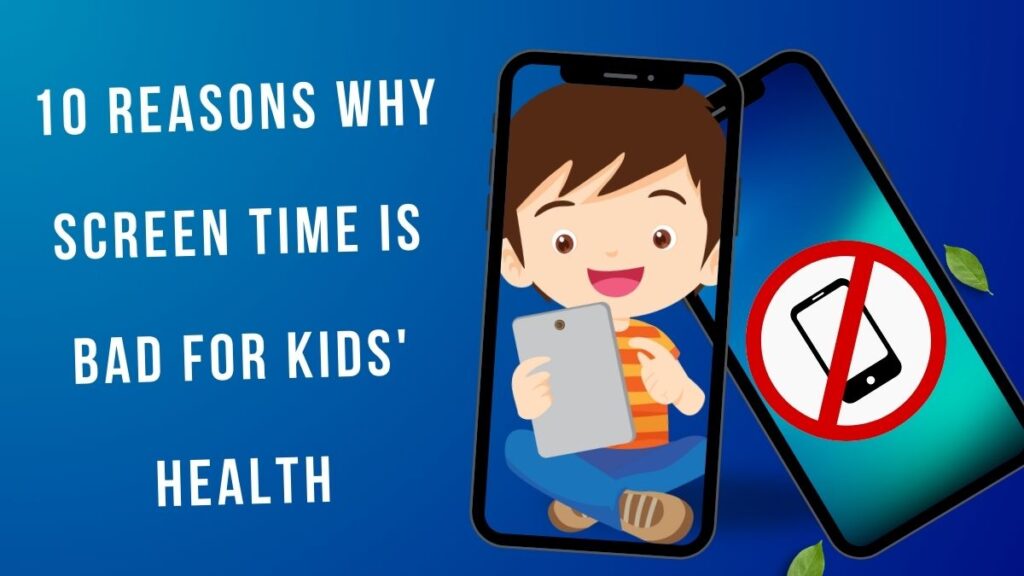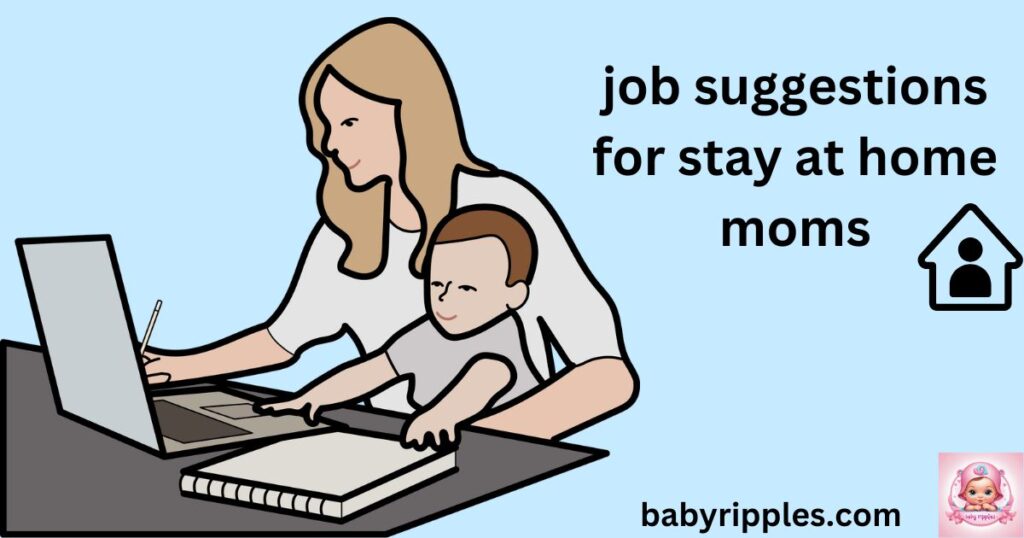Computers, TVs, tablets, and phones all have screens these days. It’s challenging to determine how much digital exposure is too much. However, the impact of excessive screen time on kid’s growth and health have alarmed specialists. In this article, we’ll explore 10 reasons why screen time is bad for kids, and offer tips for managing it effectively.
Let’s dive into the potential downsides of excessive screen time and discover ways to create a healthy, balanced lifestyle for our kids.
you may want to read: Setting Boundaries for Screen Time
- 1. Screen Time Can Impact Physical Health
- 2. Excessive Screen Time Harms Sleep Quality
- 3. Screen Time Affects Mental Health
- 4. Interferes with Social Skills Development
- 5. Screen Time Leads to Attention Issues
- 6. Increased Risk of Addiction and Obsessive Behavior
- 7. Educational Impact and Lowered Academic Performance
- 8. Overstimulation and Increased Aggression
- 9. Reduced Physical Activity Leads to Obesity
- 10. Strained Family Relationships
- How to Manage Screen Time for a Balanced Lifestyle
- Summary:
- FAQs about 10 reasons why screen time is bad for kids
1. Screen Time Can Impact Physical Health
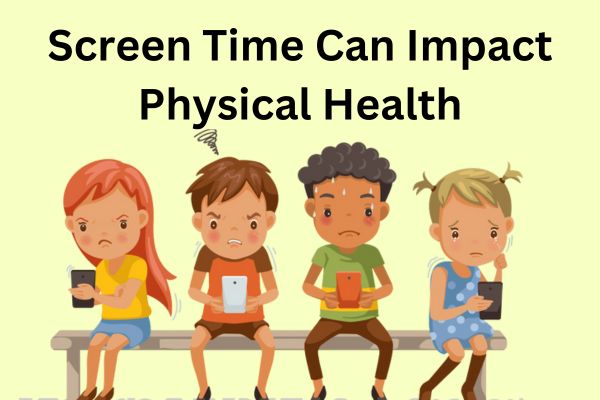
Poor posture, eye strain, and even obesity are among the health problems that can result from excessive screen time. Children who spend a lot of time bent over electronics can experience headaches, “tech neck,” and misaligned spines. Their physical health may suffer as a result of weight gain brought on by this sedentary lifestyle over time.
Solution:
Promote physical activities like sports, family workouts, and outside play as alternatives to screens. A balance between screen time and active play can be achieved by imposing screen time limits.
2. Excessive Screen Time Harms Sleep Quality
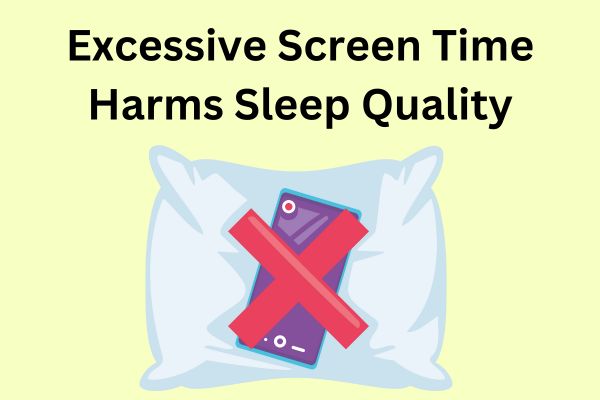
Blue light from screens can disrupt the body’s normal synthesis of melatonin, a hormone that controls sleep. Children who are exposed to screens right before bed have trouble falling asleep, which affects their sleep and leaves them exhausted and irritable.
Implementing a “no screens an hour before bed” rule is the answer. To automatically impose “bedtime” limitations on gadgets, think about utilizing a screen time for kids app. Offering a substitute, such as reading a book together, can facilitate the changeover.
3. Screen Time Affects Mental Health
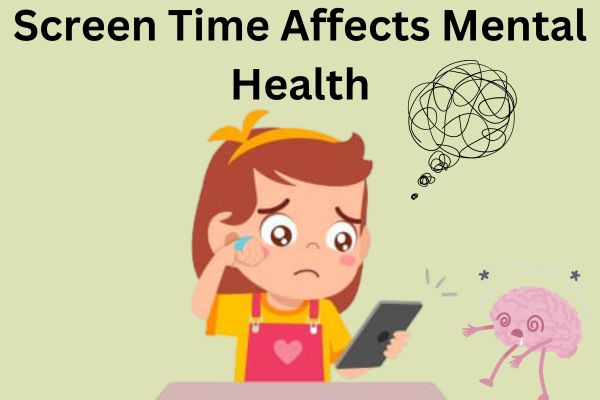
According to studies, excessive screen usage is associated with higher levels of anxiety, despair, and low self-esteem. Young people’s self-worth may suffer if they begin comparing themselves to others, especially if they utilize social media.
Solution:
Establish screen-free areas in your house to promote in-person interactions and family discussions. Take vacations from screens by pursuing interests that give them a sense of accomplishment and self-worth.
4. Interferes with Social Skills Development
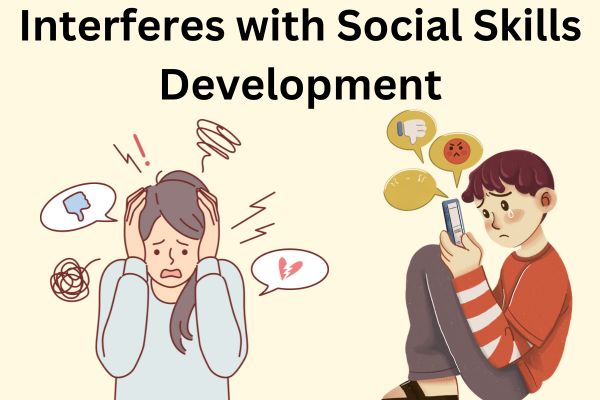
Through watching body language, tone of voice, and facial expressions in real-world encounters, children acquire social skills. They are less exposed to these interactions when they use screens excessively, which hinders their ability to develop empathy and communication skills.
Solution:
Family board games, team sports, and playdates are examples of activities that foster social relationships. Limiting screen time will facilitate deeper, in-person conversations.
5. Screen Time Leads to Attention Issues
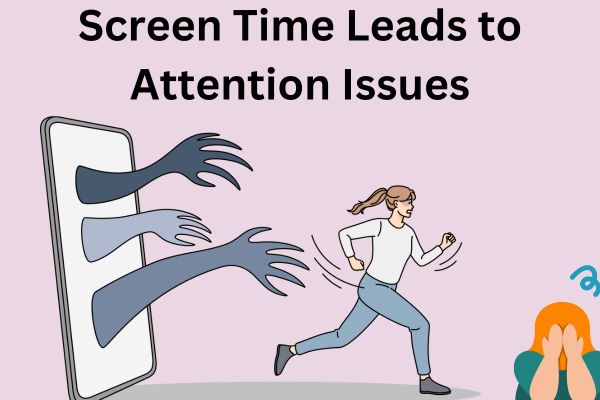
Children who are exposed to fast-paced digital media on a regular basis may experience attention issues. High screen use is associated with shorter attention spans and a decreased capacity for task concentration, according to studies.
Solution:
Try getting kids involved in focus-demanding activities like crafts, puzzles, or reading. Restricting their exposure to fast-paced games or shows will help kids develop the ability to focus for prolonged periods of time without the use of electronics.
6. Increased Risk of Addiction and Obsessive Behavior
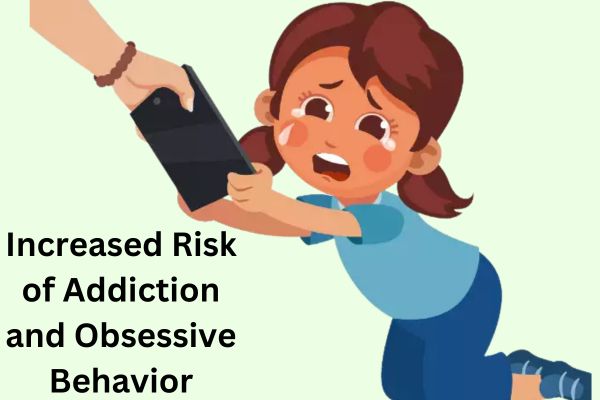
The brain’s reward system is triggered by screen usage, particularly through social media and games, which can result in compulsive and even addicted behavior. Continuous dopamine “hits” make it more difficult for children to detach, which results in tantrums and a dependence on electronics.
Solution:
By setting aside specific hours for screen time and rewarding non-digital activities, you may help kids understand the value of balance. One way to manage children’s screen time is to use an app with parental controls.
7. Educational Impact and Lowered Academic Performance

Excessive screen usage has been linked in studies to poorer academic outcomes and lower test scores, which can affect children’s success in school. Additionally, children may use screens to avoid doing their homework, which could result in lost educational opportunities.
Solution:
Make study sessions a priority and establish “screen-free” hours during homework sessions. Think about educational games or apps that prioritize academic performance by enhancing learning rather than detracting from it.
8. Overstimulation and Increased Aggression
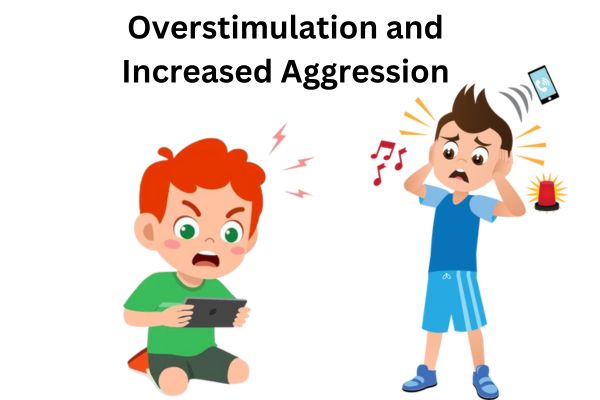
Most digital content moves quickly, which can cause overstimulation. Children may become restless, anxious, and emotionally unstable as a result, which may lead to tantrums, disobedience, or violent conduct.
Solution:
Mix peaceful pursuits like reading, sketching, or taking nature walks with screen time. Selecting instructional, slower-paced content might also lessen overstimulation.
9. Reduced Physical Activity Leads to Obesity

Long periods of screen time are associated with decreased physical activity, which may lead to obesity. Children who don’t get enough exercise are more likely to experience health problems related to their weight.
Solution:
Establish a daily goal for physical activity and cut down on idle time. To encourage a healthier lifestyle, support physical options such as family walks or bike rides.
10. Strained Family Relationships
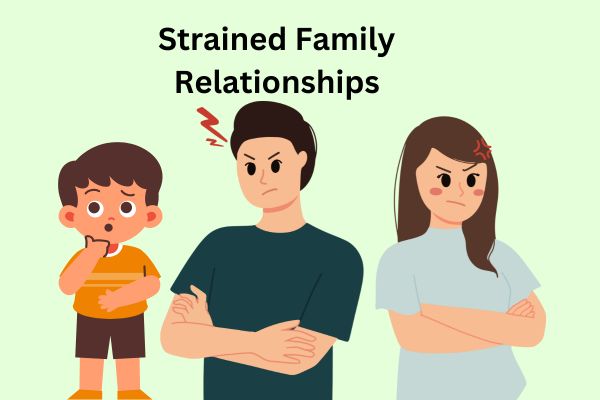
Overuse of screens can negatively impact family relationships. Spending all of their spare time on electronics can make kids feel alone or misunderstood, which lowers the amount of time they spend spending quality time with their family.
Solution:
Arrange screen-free family activities, such as game evenings or weekend excursions. You may improve family ties and lessen the need for electronic distractions by leading by example and becoming involved jointly.
How to Manage Screen Time for a Balanced Lifestyle
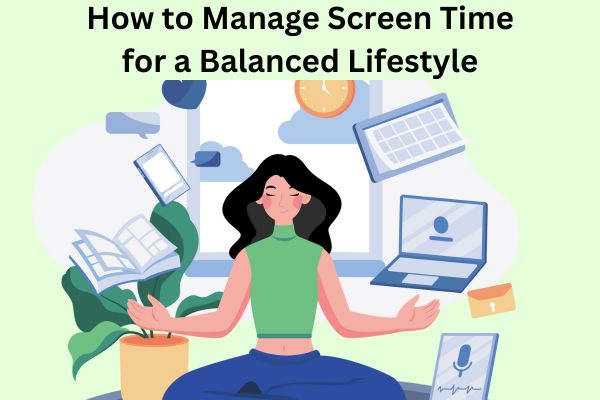
To protect kids from the effects of too much screen time while promoting a healthy lifestyle, here’s a step-by-step guide:
1. Establish Clear limitations:
Depending on your children’s age, determine daily screen time limitations for them. For consistency, make use of resources like parental control applications.
2. Establish Screen-Free Zones:
Designate particular rooms in the house, including the dining room or bedrooms, where screens are not permitted.
3. Set an Example:
Children imitate their parents’ behavior, so cutting back on your own screen time can be a great way to set an example.
4. Promote Other Activities:
To lessen their dependency on screens, introduce children to new pastimes like reading, painting, or athletics.
5. Use Educational Content:
Encourage children to use screens for learning-oriented content rather than aimless browsing.
6. Arrange Quality Family Time:
Set aside time for family-friendly activities to strengthen bonds and lessen reliance on screens.
7. Reward Positive Behavior:
Teach kids to appreciate screen time as a privilege by rewarding them for finishing assignments or acting in a positive manner.
Summary:
You may contribute to the creation of a healthy and balanced environment for your children by understanding the 10 reasons why screen time is bad for children and putting tactics in place to cut back. By placing a strong emphasis on physical play, genuine social connections, and family bonding, you may promote their development and overall health.

